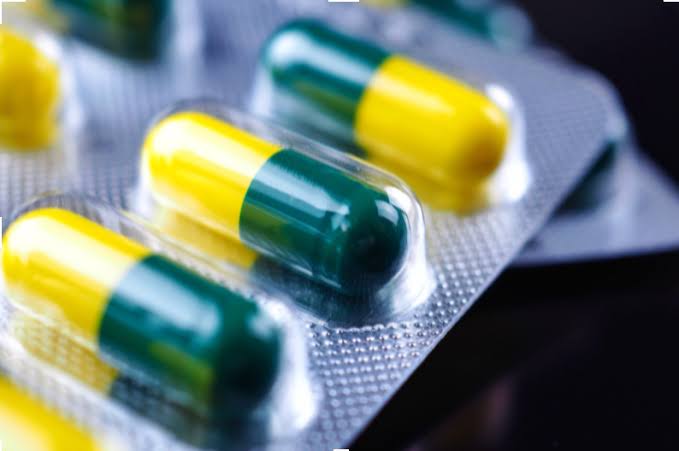Tramadol is an opioid-like pain reliever that is used to treat moderate and severe pains in adults. It works on the brain to change how the body reacts to pain. Because of its ‘feel-good’ abilities, it has become a substance of choice for drug users.
Tramadol is a weaker form of other narcotics such as codeine, heroin, etc. Tramadol abuse is a rampant occurrence, especially amongst young people. Most people get addicted to tramadol when they enjoy the way it helps their body to feel numb to both physical or emotional pains. Although tramadol is one of the drugs banned in Nigeria, it is one still of the most abused drugs in Nigeria.
Below are signs of tramadol abuse:
Sudden change in character: someone that is addicted to tramadol will suddenly become secretive and aggressive.
Changes in appearance: looking shabby, losing or gaining weights suddenly, etc., are signs that indicate a possible tramadol addiction.
Changes in a person’s personality: mood swings, unfounded fear, and anxiety are simple but very strong Indications that the person might be a tramadol addict.
Sudden isolation from social interactions: when people suddenly become withdrawn and unbothered about social discussion and isolates themselves, straining relationships with both their family members, it is also a sign that the person could be a tramadol addict.
Stealing and other social vices: when people become substance abusers, they tend to develop money issues by stealing or joining street gangs to be able to afford the drugs.

Recovery Tips For Tramadol Addiction
In all honesty, recovery from tramadol addiction is not easy. Most addicts develop physical dependency on the drug. Also, taking drugs changes the structure and chemistry of the brain over time, making it very difficult to simply stop taking the drug. Below are some tips to help someone recover from tramadol addiction.
1. Support and encouragement
A tramadol addict, just like every other addict, loses the self-discipline required to say NO to substance abuse. Therefore an addict requires constant encouragement and support to fully recover from the negative clutches of tramadol abuse.
2. Find out the benefits and consequence of tramadol abuse
When you find out the issues associated with tramadol abuse you will realize there are no physical nor emotional benefits. But they are tons of negative effects of tramadol abuse. Many tramadol addicts don’t understand the side effects of taking tramadol. One side effect of tramadol use is that is causes erectile dysfunction.
3. Consider your loved ones
When you realize how negatively impactful tramadol abuse can be for your family and friends, you will realize the need to turn a new leaf, and live a life that they can be proud of.
4. Exercising regularly
Exercise causes the body to release endorphins which is one of the hormones that make a person feel good. Such good feelings can help a person forget the ‘good’ feelings they get from tramadol abuse.
5. Go out more often
Getting out more or even volunteering could be a great way to escape the temptation that comes with loneliness. The aim is to stay busy always as a way to avoid trigger points that could lead you back to tramadol abuse. Thus, stay busy doing wholesome things that will take your mind off drugs.
6. Learn to meditate
Frequent meditation helps the brain to relieve stress and anxiety. It is a great way to keep the mind in its best shape as your body undergoes the negative impacts of the withdrawal syndrome’ of drug abuse.
7. Talk to an expert
Seeking professional help is strongly advised when recovering from tramadol addiction, considering how difficult it is to break an addictive habit. Talking with a medical expert will help you put a lot of things into perspective and reduce your chances of having a relapse. A doctor will give you a medical check-up to check your overall health. The doctor can also recommend options for tramadol addiction treatment and, possibly start detoxification procedures.
There are a number of good tramadol addiction treatment centers in Nigeria. most tramadol addiction treatment usually includes counseling, therapy and medications.
Collins Nwokolo is a human physiologist, writer and health enthusiast. He loves writing helpful articles on health and fitness, which he enjoys sharing with everyone.







